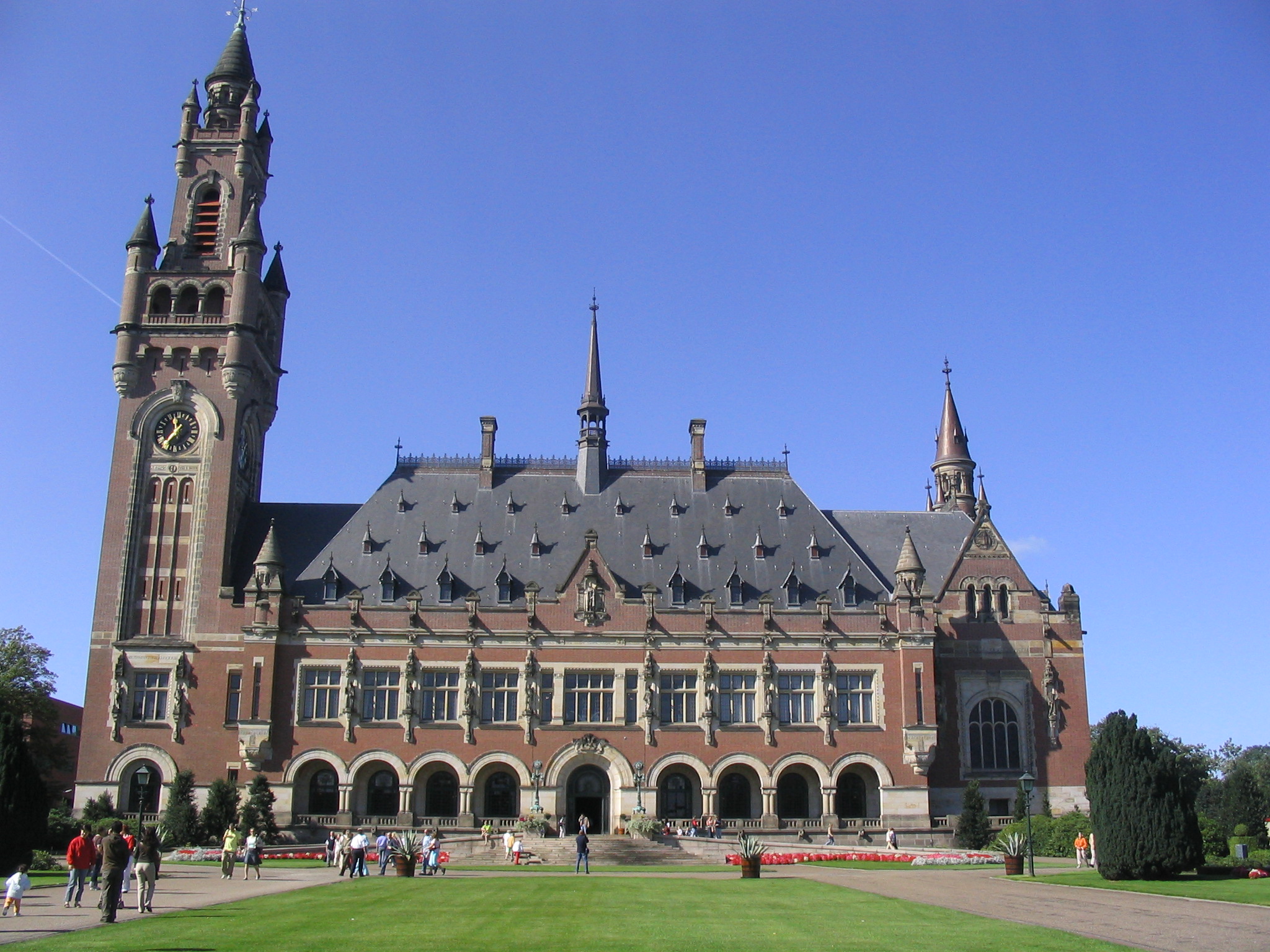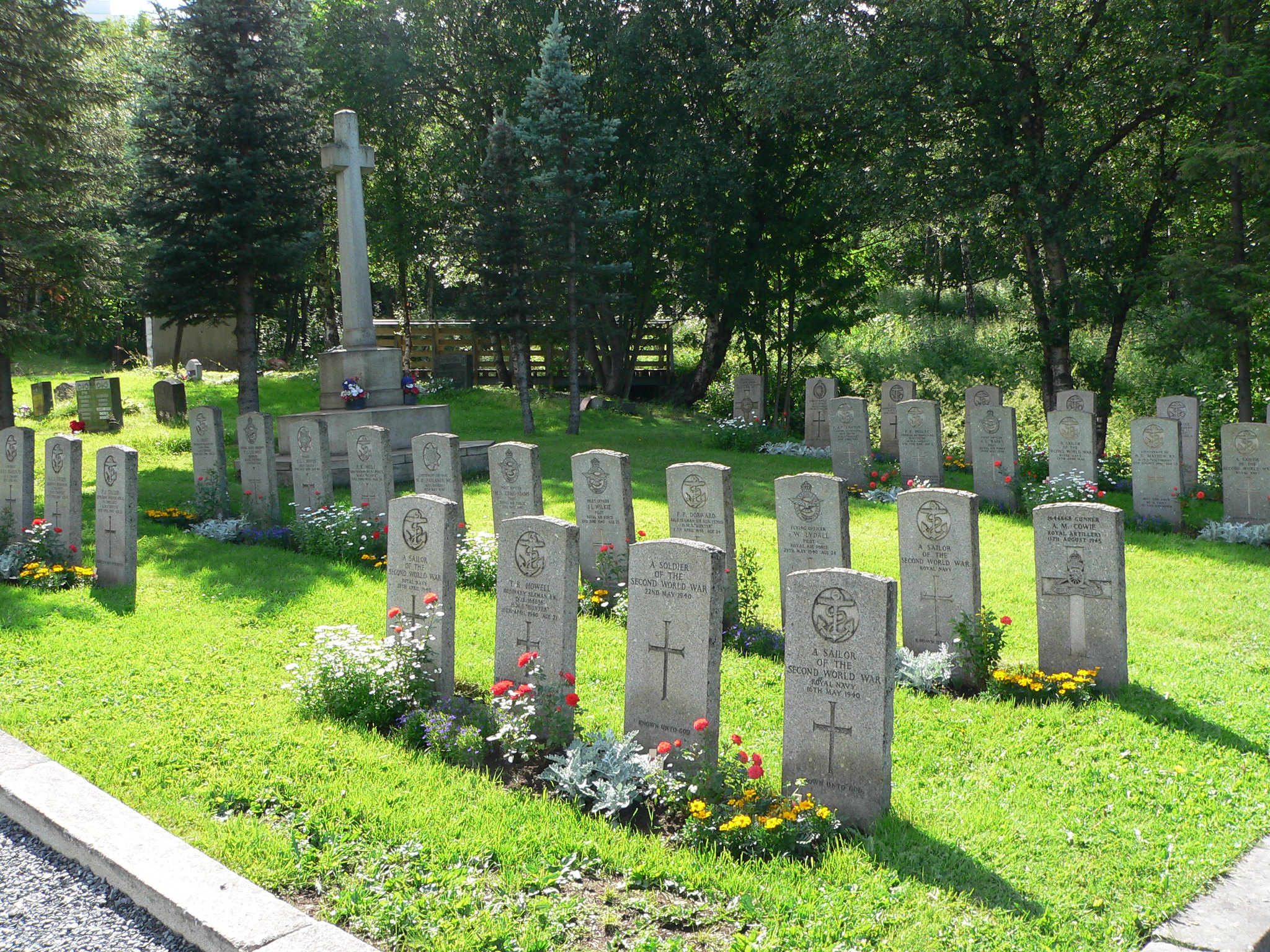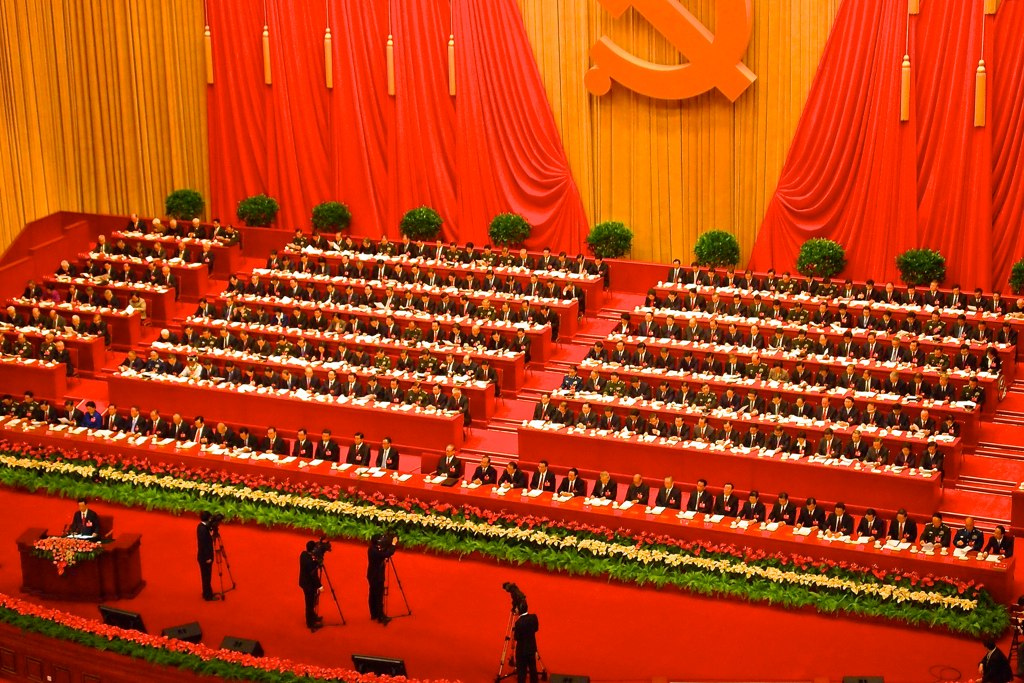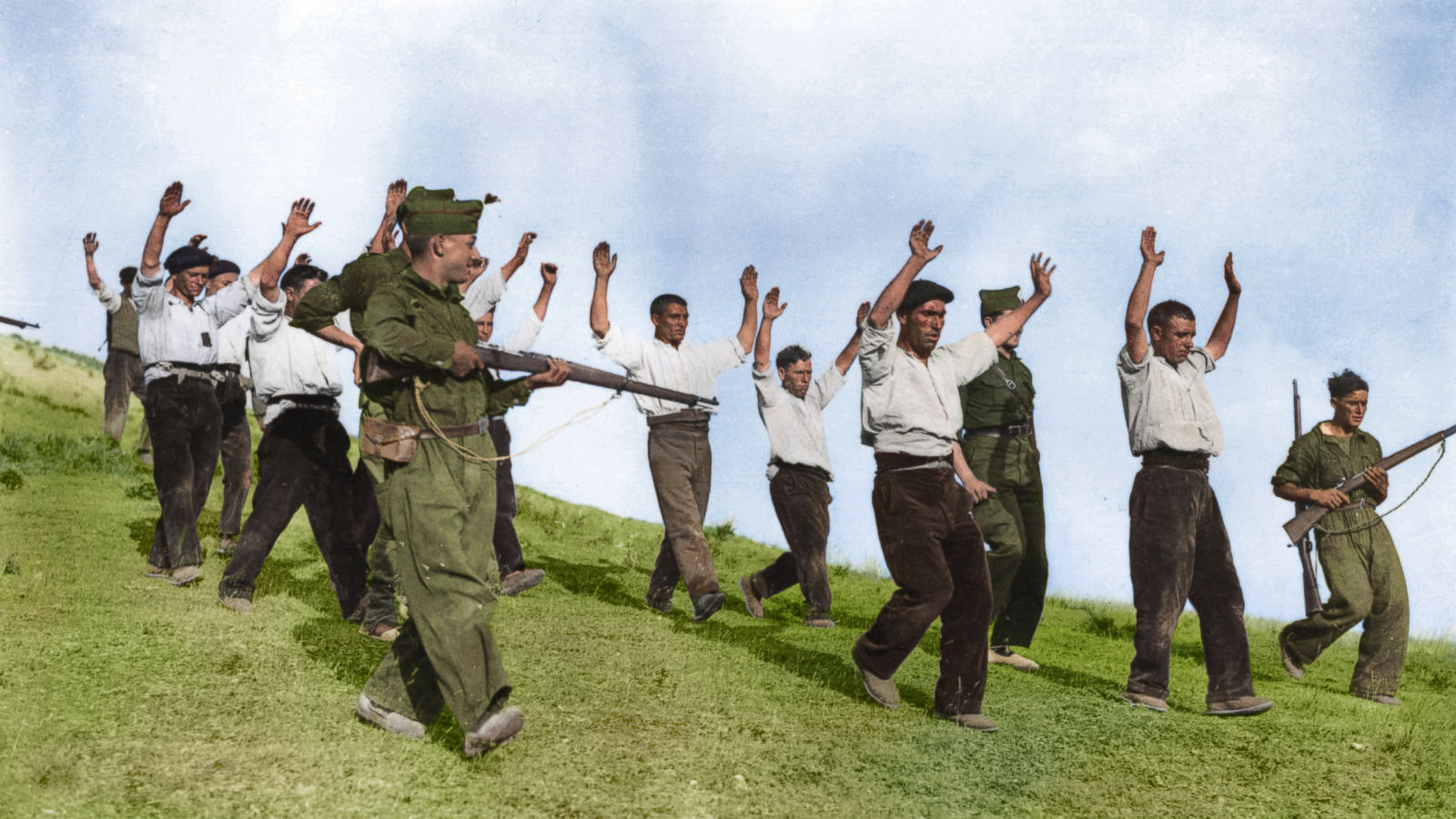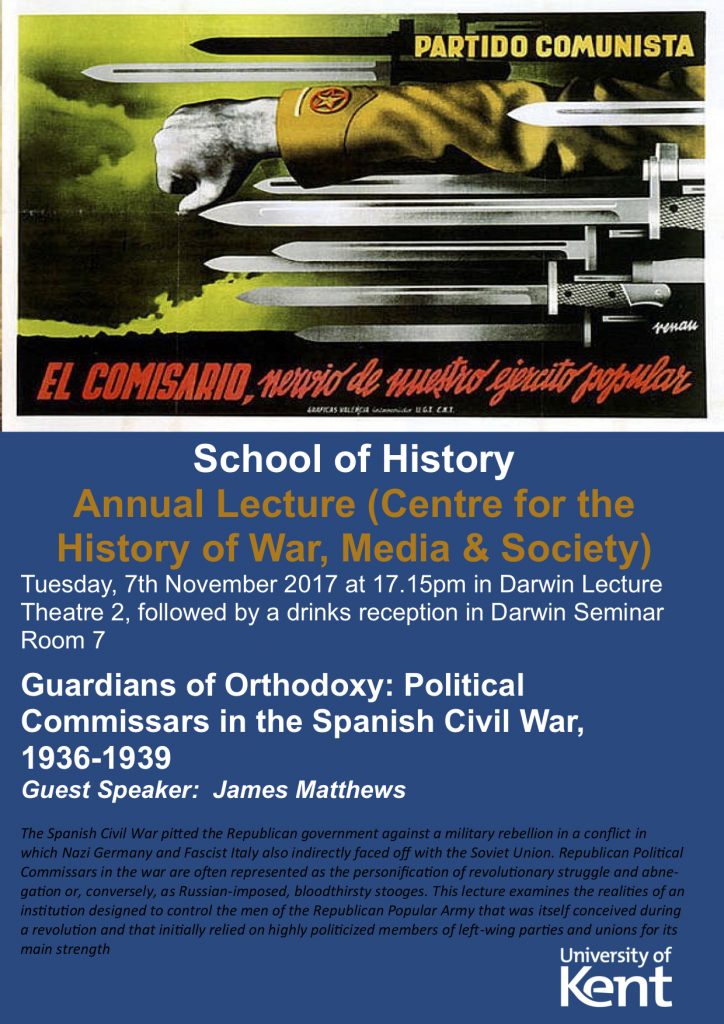In the history of warfare, neutrals rarely feature. When they do, they tend to be relegated to the peripheries, as marginal characters in a belligerent drama that takes centre stage. Unsurprisingly, then, ‘Neutrality Studies’ is not a well-established academic field, although there are more than a few scholars who specialise in neutrality. Still, no academic journal is dedicated to the subject, and no Anglophone academic publisher specialises in the field.
Leave a CommentCategory: Annual Lecture
Written by Ellena Matthews
On 29 January 2020, the Centre for War, Media and Society had the pleasure of welcoming Professor Lucy Noakes (Essex) to the University of Kent to present their annual lecture. The lecture coincided with the release of Professor Noakes’ new publication Dying for the Nation: Death, Grief and Bereavement in Second World War Britain.
Leave a CommentWritten by Kerry Brown.
One thing that the importation of the body of ideas associated with Marxism Leninism into China in the early part of the twentieth century did was to also introduce a new kind of historiography. This showed history not as a series of tragic cycles of rising and falling of dynasties and their territories – something envisaged famously in the great Ming classic from the 14thcentury, `Romance of the Three Kingdoms’ which talks of the coming together and falling apart of empires over the long sweep of Chinese history. Instead, it brought the idea of ever onward dynamic progress, with events being propelled through thesis and antithesis into improving synthesis before the process started again.
Leave a CommentWritten by James Matthews.
On 17 July 1936, a faction of the Spanish army rose up against the Second Republic, triggering a violent conflict that developed into the Spanish Civil War as groups loyal to the government rallied to its defence. The military plotters essentially considered themselves to be defending traditional Spain from the threat of social revolution and regional separatism. In the days following the partially successful coup d’état, the two antagonistic camps scrambled to generate stopgap armed support. The forces available to the Republic immediately after the uprising were a disjointed combination of party and union-based volunteer militia, reinforced and at times led by members of both the Spanish security and armed forces. In Republican-held territory, the regular pre-war conscript army disintegrated and government authority in many places collapsed. Although some of these former soldiers joined the conflict as volunteer militiamen, the army effectively ceased to be a tool at the state’s disposal.
Leave a CommentCentre for the History of War Media and Society Annual Lecture. Professor Peter Jackson University of Glasgow Wednesday 10th May 2017, 17.00 Templeman Lecture Theatre, University of Kent, Canterbury campus.
Leave a Comment
